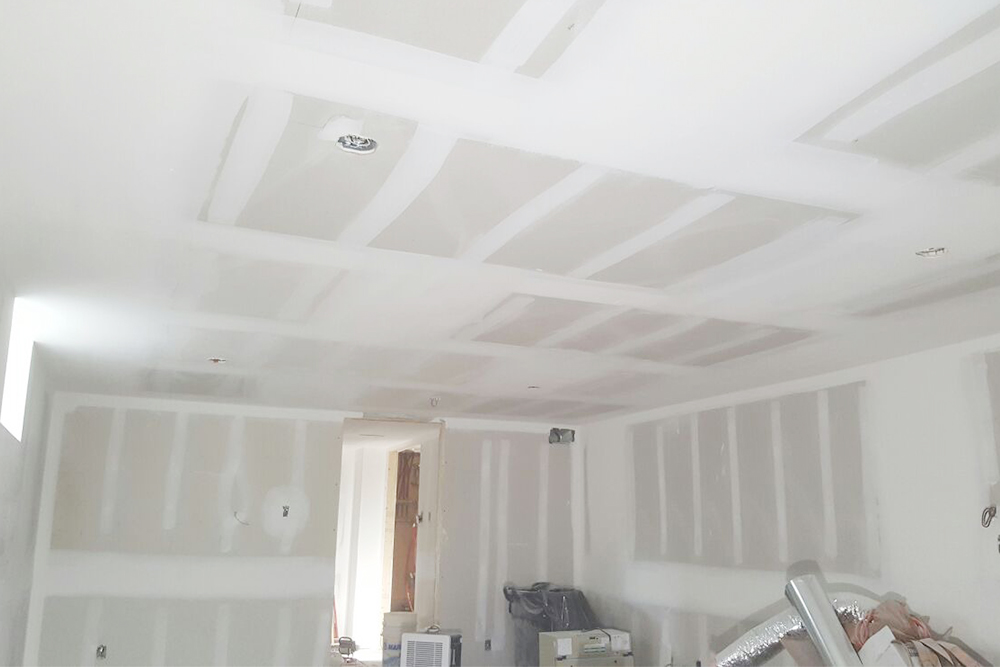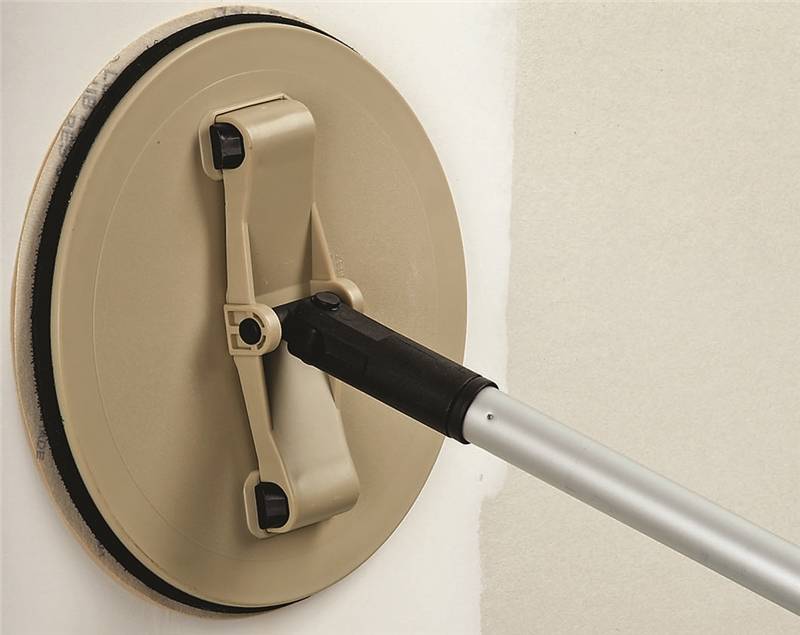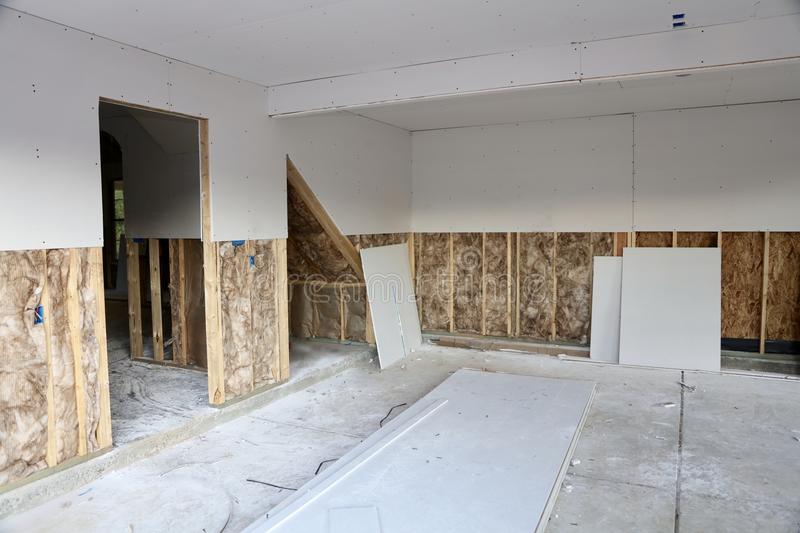
There are many options for hanging pictures on drywall. You can use nails, hooks or screws, or a combination of both. The best hardware will protect your walls and keep your photos looking beautiful. This can help you improve your hanging skills. You can decide the hardware that is right for you, based on the materials and style of your wall.
There are many options available on the market to help you hang pictures on drywall. Picture frame hooks are strong enough to hold 100 pounds. These sturdy steel products slide through the wall and provide a solid base. This makes it possible to hang heavy mirrors, chandeliers, and shelves. Depending on how large your frame is, you can attach hooks to D-rings on its back using wire.
While these products are great, they're not always the most secure method. Nails and screws can slip easily through drywall without anchors. This can be prevented by using a "stud finder" to locate your studs. Once your studs are in place, attach the screws and hang your photos.

Use a toggle anchor to hang something heavier such as a TV or mirror. Toggle anchors are a type of screw that have a winged nut attached to the end, which allows the nut to lock into place behind the wall. They require more work than the standard versions. To install a toggle anchor you will need to drill a pilot hole, insert a nuts and lock it in place.
Similar to the stud finder, this is the best way for you to locate metal screws. You will need a magnetic stud locater if you are hanging anything on a plasterwall. A magnetic stud locater will detect the location of a metal nail, making it easier for you to locate it. This product also has an indicator that the metal is present.
A plastic hollow fastener can also be used. These fasteners work well for light objects but should be avoided for heavier items. They can expand if they are tightened.
Finally, it's important to choose the proper studs for your picture frames. There are various sizes of studs, so it's important to buy the best one for your needs. A rule of thumb is to place the stud 16 inches from the top of your frame. It is possible for some frames to fit within this space. You will need to measure the space carefully and plan your placement.

You should weigh heavy items before you hang them. You will need to weigh the artwork before you decide whether to use a nail or an stud. In this case, you could injure your family or damage your drywall.
If you're not confident hanging your artwork on your own, you could hire a professional. Ask around and look for reputable companies.
FAQ
Can I renovate my whole home myself?
If you can do it yourself, why pay someone else when you could save money and time?
No matter how much DIY you love, there will be times when it is impossible to do it yourself. There could be too many variables to manage.
If you have an older home, for example, the wiring might be outdated. To ensure safety and reliability, you will need to hire an electrician.
Be aware that structural damage might be too costly for you to repair during the renovation.
Additionally, you may not have the right tools to complete the job. You will need a special tool called the plumber's snake to clean clogged pipes if you plan to install a kitchen sink.
There are plumbing codes that will require you to hire a licensed plumber for your project.
Let's just say that you must know what you can do before you undertake such a daunting task.
If you are unsure if it is possible to do the job on your own, ask friends or family members who have worked on similar projects.
They can give you advice on what steps you need to take and where you can go to learn more about the subject.
How important does it matter to be pre-approved before you apply for a loan
It's important to be pre-approved for mortgages. This will allow you to determine how much money you can borrow. It also helps you determine whether or not you qualify for a particular loan program.
Are you able to live in a renovated house?
Yes, you can live in your house while you renovate it.
Can you live in a house while renovations are going on? It depends on the length of the construction. If the renovation process lasts less than 2 months, then yes, you can live in your home while it's under construction. You cannot live in your house while the renovation process is ongoing if it lasts more than two years.
Because of the possibility of falling objects, you shouldn't live in your home while a major construction project is underway. There is also the possibility of dust and noise pollution from the heavy machinery at the job site.
This is especially true when you live in a multistory house. In such cases, vibrations and noises from construction workers may cause irreparable damage to your property.
You will have to live in temporary accommodation while your home renovations are underway. This means you won’t have the same amenities as your own home.
For example, you will not be able to use your washing machine and dryer while they are undergoing repair. Additionally, the smell of paint fumes or other chemicals will be a constant annoyance as well as the banging sound made by workers.
All of these factors can create stress and anxiety for you and your loved ones. It is therefore important to plan ahead so that you don't end up feeling overwhelmed by the situation.
Research is key when you are considering renovating your home. It will save you money and help you avoid costly mistakes.
You can also consider professional advice from a trusted contractor to ensure smooth running of your project.
Statistics
- It is advisable, however, to have a contingency of 10–20 per cent to allow for the unexpected expenses that can arise when renovating older homes. (realhomes.com)
- The average fixed rate for a home-equity loan was recently 5.27%, and the average variable rate for a HELOC was 5.49%, according to Bankrate.com. (kiplinger.com)
- Rather, allot 10% to 15% for a contingency fund to pay for unexpected construction issues. (kiplinger.com)
- They'll usually lend up to 90% of your home's "as-completed" value, but no more than $424,100 in most locales or $636,150 in high-cost areas. (kiplinger.com)
- A final payment of, say, 5% to 10% will be due when the space is livable and usable (your contract probably will say "substantial completion"). (kiplinger.com)
External Links
How To
Five Things You Need to Know Before You Begin Your Home Renovation
-
Do you really want this? If you're planning on embarking on major home improvement projects like renovating your kitchen, bathroom, or building a brand new house, it's certain that you'll need to have some assistance. It's possible to feel overwhelmed by such a large project. This could cost you a lot of money and time, and you may not get any real benefit from it. Why not get someone who is experienced to assist you? You'll be able to save a lot of time and stress while still having a lovely space to call your own.
-
How much should you spend? This is a common question, but it can make renovations more expensive. It's because you'll most likely be responsible for paying back the majority of the costs. Stick to your budget if you have one! A lack of a budget could mean that you end up spending a fortune and getting nothing in return.
-
Do I prefer to hire professionals or DIY? - Although there's no right answer, we would recommend hiring professionals if you have the means. You can trust them to provide you with advice and guidance on how to proceed with your job. For example, they'll be able install the plumbing correctly, ensure that everything is done safely, and provide you with a warranty when they finish their work. DIY projects can be frustrating because they require a lot more trial and error. This means that you will have to learn many lessons from the experience. Plus, you'll have to deal with all sorts of problems that arise during the process.
-
How much can I afford it? - Don’t underestimate the cost associated with a home renovation. Even if you think you can manage it on your own, you might find that you need to borrow money from friends and family just to cover the bills. It is also important to consider the selling price of your current property when you plan on selling it soon after you have completed the renovations.
-
What is the best place to start? There's no right or incorrect place when it comes down to where to start. However, we would suggest that you choose somewhere that you enjoy working on. If you enjoy what you do, you will be more motivated to continue working and less likely procrastinate. Also, avoid places that are difficult to maintain. For instance, you shouldn't attempt to redecorate your living room if you're constantly dealing with dust and dirt.